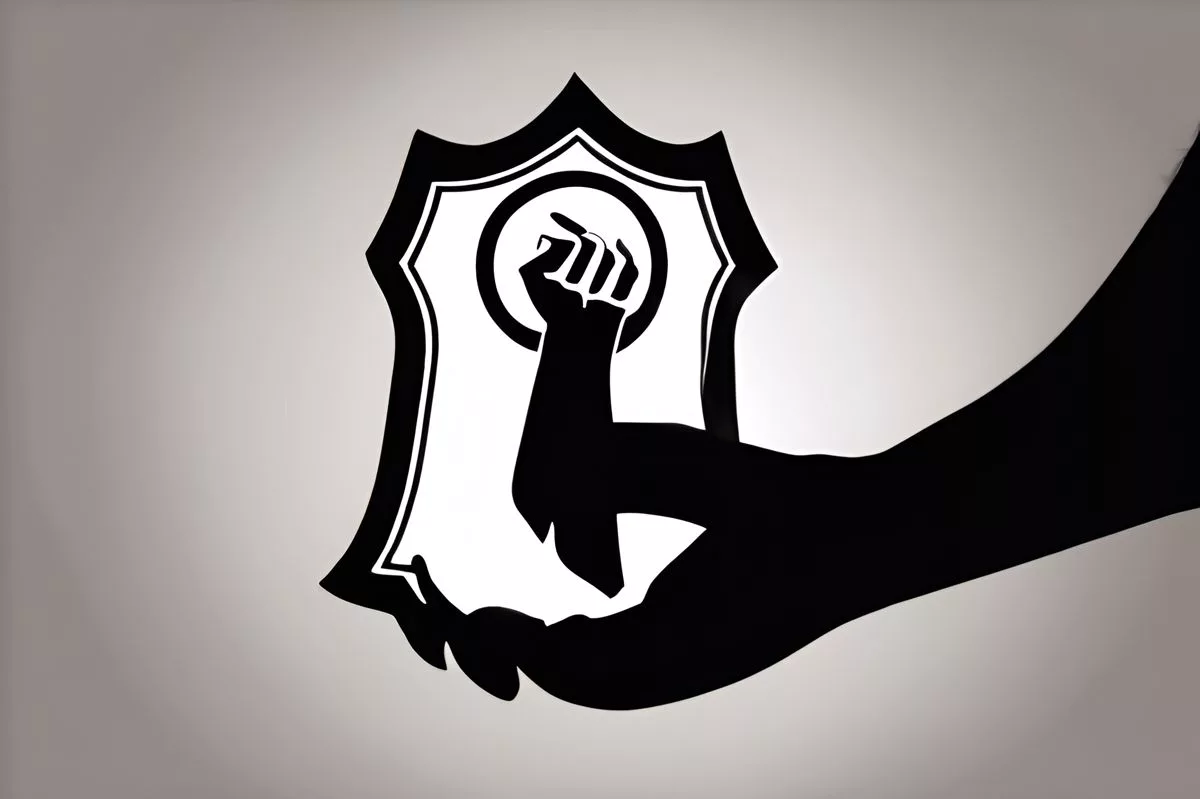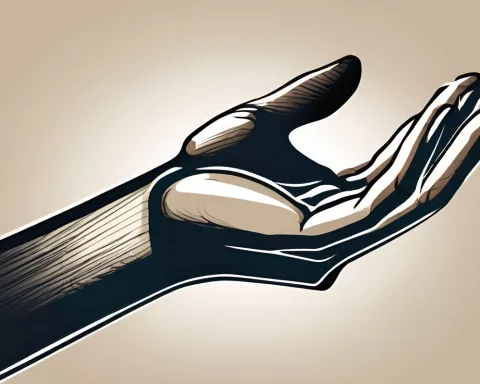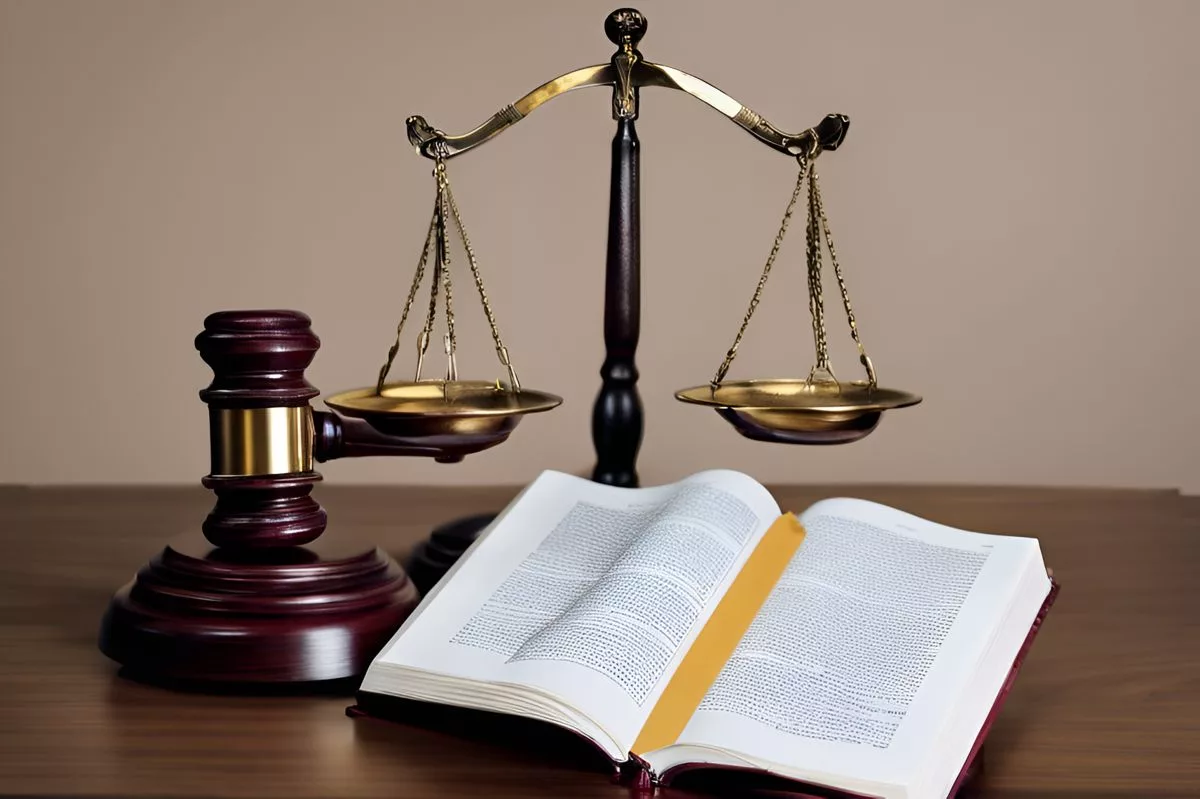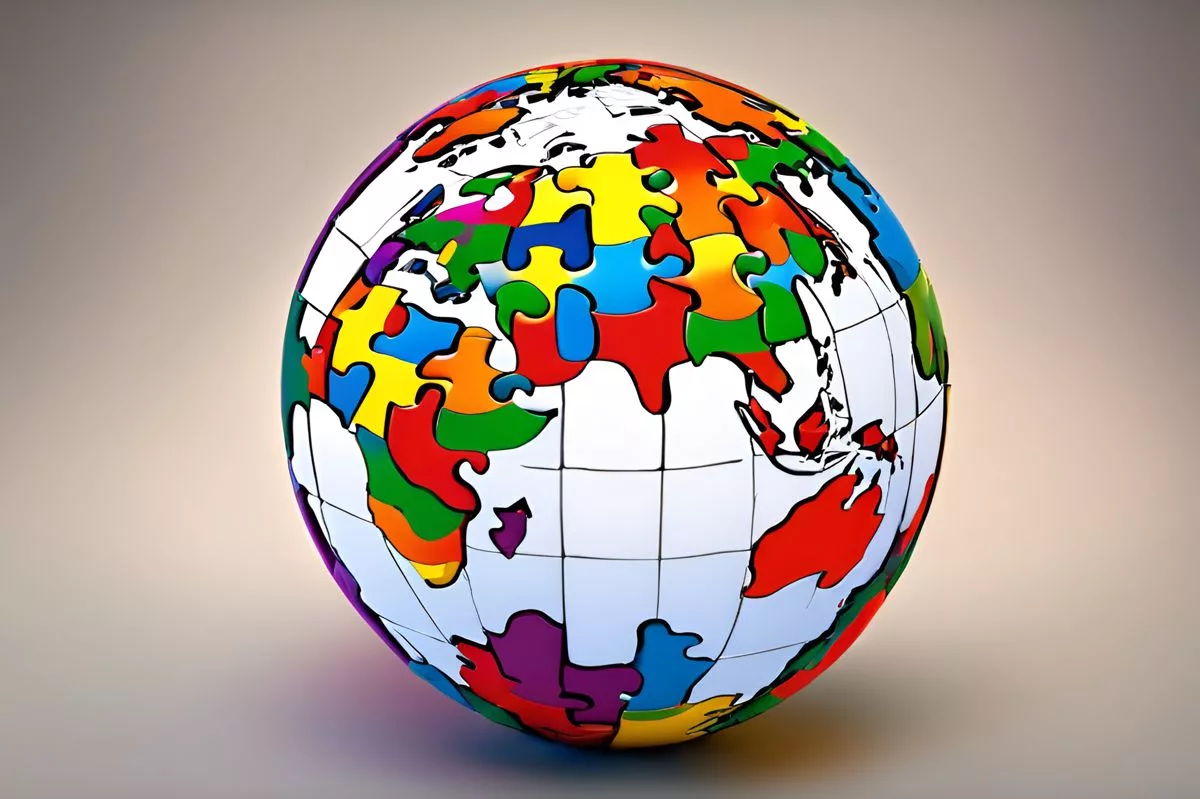The Democratic Alliance’s endorsement of Israel in relation to Gaza has caused negative effects on its public image and may have affected its supporter base. Al Jama-ah’s decision to exclude the DA from their support framework may lead to significant gains for other political factions, especially as the Western Cape has a substantial Muslim demographic. The DA’s future course will depend on their ability to negotiate the complexities of both international relations and domestic political dynamics.
The Political Equation: South African DA’s Position and its Implications
What is the Democratic Alliance’s stance on the issue of Gaza?
The Democratic Alliance (DA) endorses Israel regarding the issue of Gaza. However, this stance has caused negative effects on the party’s public image and may have affected its supporter base, according to political analyst Melanie Verwoerd.
The Democratic Alliance’s Stance
Political dynamics are ever-changing, particularly in South Africa’s political arena, where the Democratic Alliance’s (DA) perspective on the issue of Gaza and its endorsement of Israel have been the subject of intense examination. Melanie Verwoerd, an autonomous political analyst, puts forth that this viewpoint has dimmed the party’s public image and may have negatively affected its supporter base.
Al Jama-ah’s Decision
Al Jama-ah, a political party representing the South African Muslim community, has recently disclosed its intention to endorse any local political party in the forthcoming May general elections. However, it has categorically omitted the DA and ActionSA from this supportive framework. This declaration was formally made by the party’s founder and head, Ganief Hendricks, at a political manifesto initiation at Harmony Primary School in Lenasia.
Implications of Al Jama-ah’s Decision
This decision has substantial ramifications. The Western Cape is home to the most substantial Muslim demographic in South Africa, marking it as a potential gold mine of votes. The DA’s loss, therefore, could potentially turn into significant gains for other political factions. As Verwoerd remarks, “This paves the way for other parties; the ANC will likely gather some votes, and Al Jama-ah might receive some as well. Other parties will benefit, too.”
The DA’s Future: Possible Backlash and Internal Struggles
Anticipating a Backlash
A recent article in Business Day draws further attention to the DA, hinting at the likelihood of a Muslim backlash prior to the 2024 General Elections. This concern has gained relevance in the aftermath of DA’s former Member of Parliament Ghaleb Cachalia’s departure, who was also fulfilling the role of the DA’s Deputy Shadow Minister of Trade and Industry.
Cachalia’s Departure
In his letter of resignation, Cachalia expressed increasing unease within the DA leadership concerning his previous public statements over the past few months, most of which pertained to the Gaza conflict. He mentioned, “I have been charged with contradicting DA’s official policy and contravening a caucus injunction that permits only the shadow minister for DIRCO to comment on related subjects.”
DA’s Stand on the Controversy
However, the DA refuted these allegations, with party leader John Steenhuisen reaffirming the party’s dedication to peace and a two-nation resolution. Steenhuisen underlined the party’s unwavering support for a “sovereign and unoccupied Palestine coexisting peacefully alongside a secure Israel.”
Interestingly, the party leader also chastised Cachalia for allegedly disrespecting party procedures and contravening the caucus decision that only the party’s shadow minister for international relations and cooperation should comment on matters related to the Gaza conflict.
DA’s Position on Middle East Conflict
In an apparently conflicting action, the DA released a statement in October of the previous year, condemning an unprovoked assault by Hamas on Israeli territory during the religious holiday of Simchat Torah. The party deplored the “mindless violence” and urged the attackers to withdraw instantly.
Examining the DA’s Role and Future
Amid the maze of political maneuvers, the DA’s stance on the Middle East conflict remains a contentious issue. This sensitivity towards international relations, combined with domestic political dynamics, will undoubtedly have a significant impact on the upcoming elections. The DA’s capacity to negotiate these complexities will be crucial in determining its future course.
What is the potential impact of Al Jama-ah’s decision to exclude the DA from their support framework?
Al Jama-ah’s decision to exclude the DA from their support framework has the potential to lead to significant gains for other political factions, especially as the Western Cape has a substantial Muslim demographic. The loss of support from this community could negatively impact the DA’s future electoral success.
What concerns have been raised about a potential Muslim backlash against the DA?
A recent article in Business Day has raised concerns about a potential Muslim backlash prior to the 2024 General Elections, particularly in relation to the DA’s stance on the Gaza conflict. This is particularly relevant following the departure of former DA Member of Parliament Ghaleb Cachalia, who cited increasing unease within the party leadership over his public statements on the issue.
What was the reason for Ghaleb Cachalia’s departure from the DA?
Ghaleb Cachalia cited increasing unease within the DA leadership over his public statements on the Gaza conflict as the reason for his departure from the party. He claimed to have been charged with contradicting the party’s official policy and contravening a caucus injunction, leading to his resignation.
What is the DA’s position on the Middle East conflict?
The DA has been criticized for its endorsement of Israel regarding the issue of Gaza, but the party has maintained its support for a sovereign and unoccupied Palestine coexisting peacefully alongside a secure Israel. However, the party has also condemned violence from both sides of the conflict and urged for a peaceful resolution.
How will the DA’s stance on international relations and domestic political dynamics impact its future course?
The DA’s stance on international relations, particularly in relation to the Middle East conflict, combined with domestic political dynamics, will have a significant impact on the party’s future course. The party’s success in negotiating these complexities will be crucial in determining its future electoral success.
What is the DA doing to address concerns about its stance on the Gaza conflict?
The DA has reaffirmed its dedication to peace and a two-nation resolution, while also condemning violence from both sides of the conflict. However, the party has faced criticism for allegedly disrespecting party procedures and only allowing the shadow minister for international relations and cooperation to comment on related subjects. The party’s future actions to address these concerns remain to be seen.












